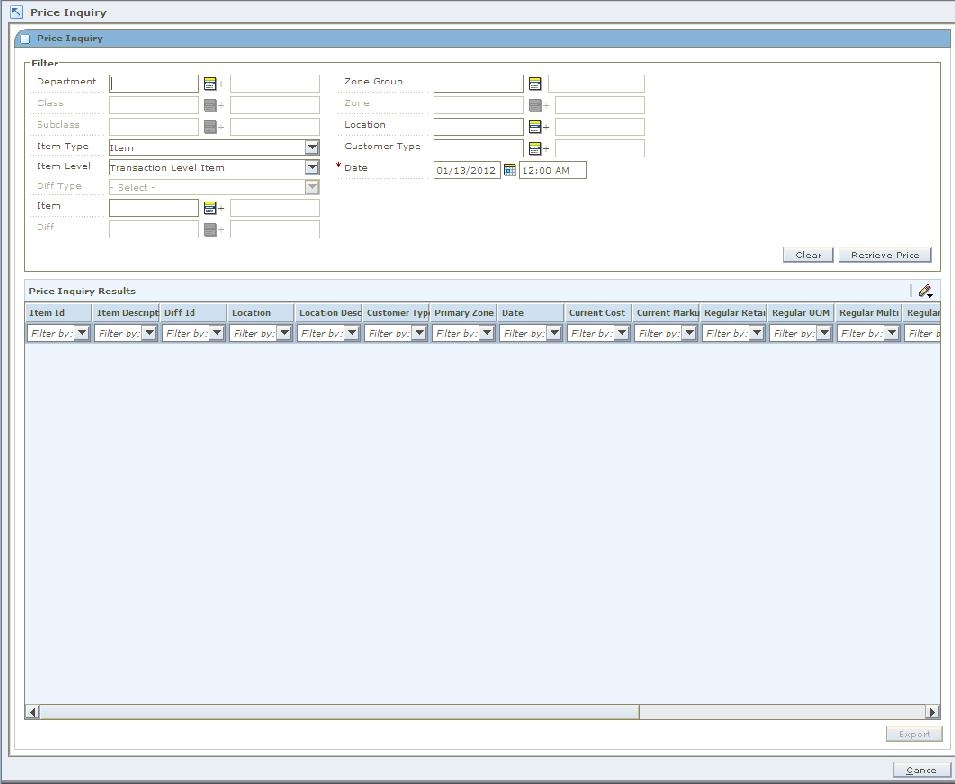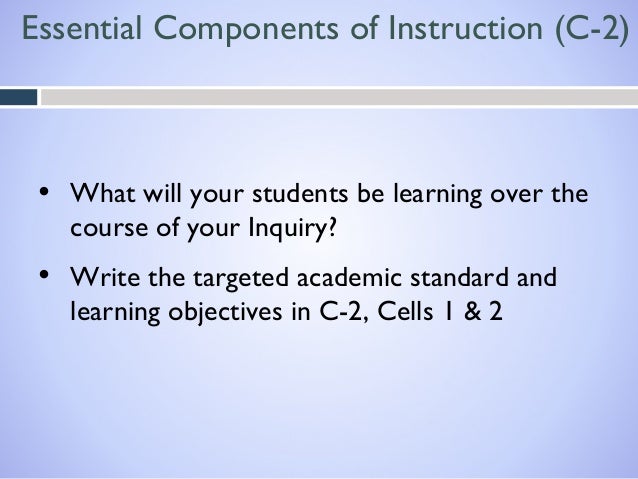


In addition to searching, users can click on “curriculum standards” or “subjects.” Under curriculum standards, they’ll find all state standards, as well as national authorities such as Next Generation Science Standards and C3 Framework for the Social Studies. Other enhancements include searchable paths for curriculum standards and courses with curated resources, folders, tagging, and the ability to work in tandem with colleagues to make the underlying content more accessible and useful for students. Educators can access In Context databases that their schools subscribe to, along with lesson plans and activities that are not available on the individual databases.ĬontentThis platform draws from the content of the underlying subscription databases, with some custom content, primarily lesson plans. Users can search by keyword, subject, or curriculum standards, maximizing their ability to find and work with Gale’s robust collections of resources, which can then be stored in folders, marked up and sent to students, and shared with colleagues. This platform draws from other In Context databases geared to students these subject-specific collections of nonfiction materials include articles, videos, book excerpts, pictures, and more. Overview Gale’s In Context databases are aimed at teachers who work with students from fifth through 12th grades.
Contexts for inquiry price trial#
A free trial of the product can be requested at bit.ly/ContactGale.

Institutions wishing to purchase multiple In Context products with In Context: For Educators will receive special pricing. Pricing varies depending on the number of In Context products currently available through the state or district. In formal writing, it may be better to use ‘inquiry’ only for formal or official investigations, with ‘enquiry’ used more generally.īut in most modern contexts, these terms can be used interchangeably, especially if you are writing for an international audience.CostThis resource is subscription based cost is based on full-time enrollment. Ultimately, this is a matter of context and preference. ‘Inquiry’ is part of the American way, like flags and eagles. This usage is now common in Australian English, too, although ‘enquiry’ is still used here (and may be considered more correct in formal writing). The police inquiry will begin on Tuesday. Consequently, in America, we could say both of the following:Īll customer inquiries were addressed within 24 hours. This is because American English uses ‘inquiry’ for both definitions. The traditional difference above is less common than it used to be. These words have therefore traditionally had a more specific meaning than ‘enquiry’ and ‘enquire’.

The new study will inquire into rising puppy prices. Thank you for subscribing to our newsletter! The verb form of this term is ‘inquire’ and also applies to formal or official investigations: The traditional meaning of ‘inquiry’ in Australian English is ‘a formal investigation’. May I enquire about the price of this puppy in the window?Īs with ‘enquiry’, the verb form has a very general use and applies to any request for information. The verb form of this word is ‘enquire’, which means ‘request information’ or ‘ask a question’: For example:Īll customer enquiries were addressed within 24 hours. It therefore has a very general use similar to the word ‘question’. In Australian English, the noun ‘enquiry’ has traditionally meant ‘a request for information’. And to do that, we’re going to begin by looking at the traditional definitions of these terms. Nevertheless, we’re here to help you avoid errors in your written work. And if that sounds confusing, you’re correct. ‘Enquiry’ and ‘inquiry’ mean exactly the same thing… except for when they don’t.


 0 kommentar(er)
0 kommentar(er)
